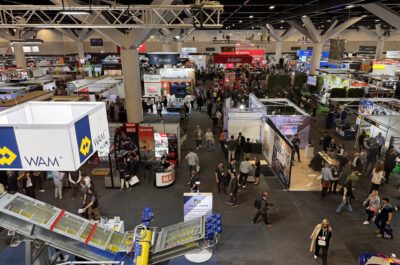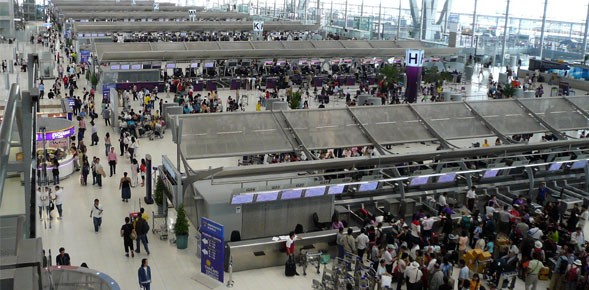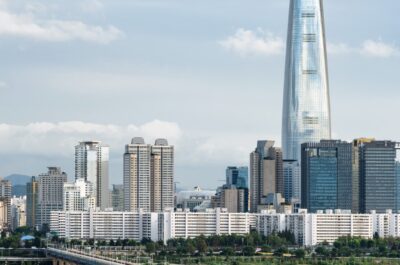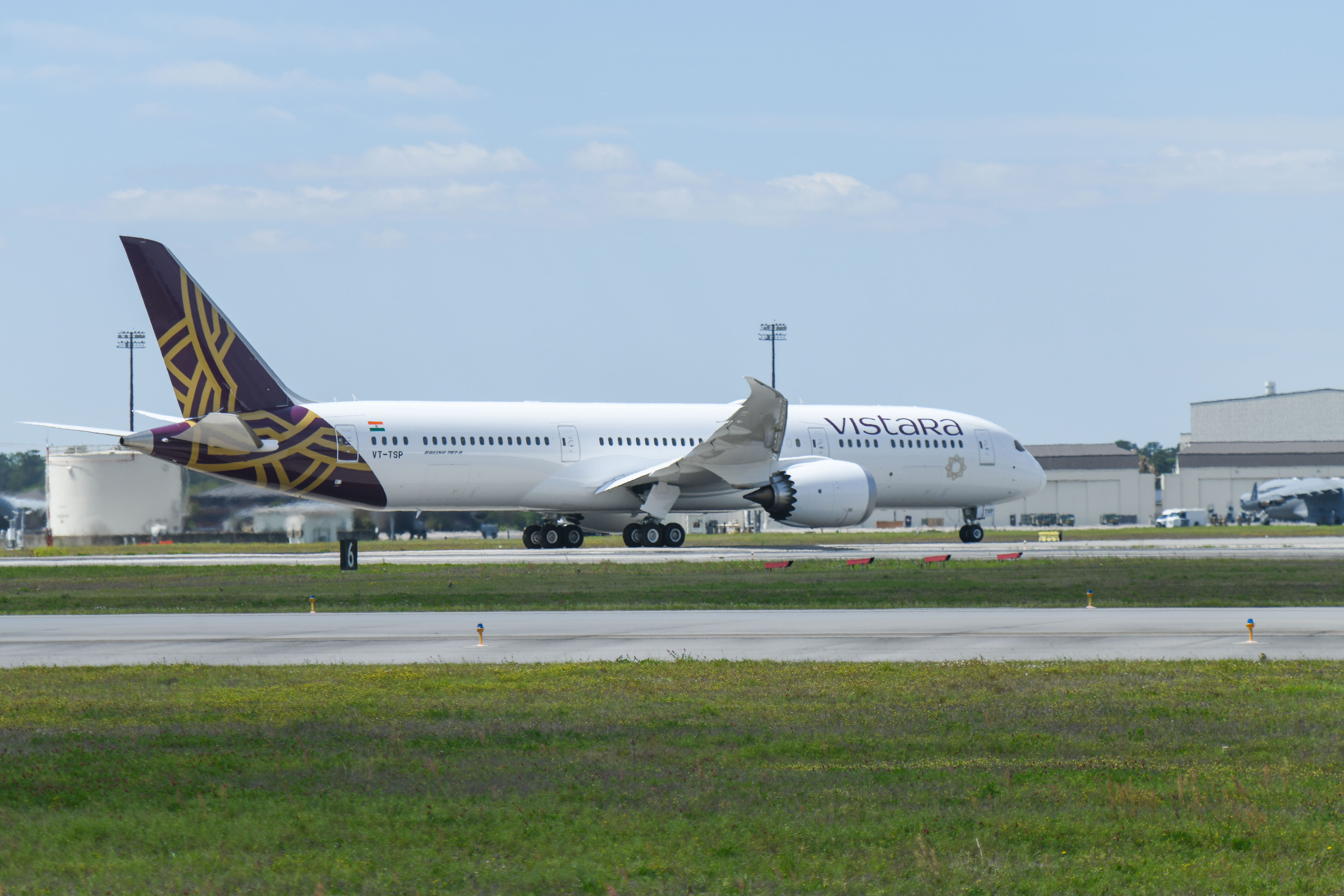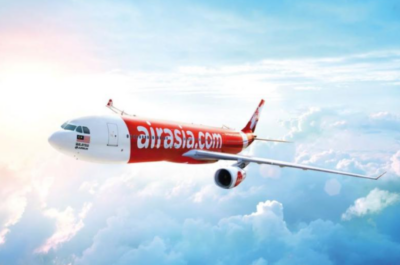The centre of global economic power shifts eastwards but challenges remain for airlines such as persistent high fuel prices.
KUALA LUMPUR – The reshaping of the global air transport has moved forward dramatically over the past 12 months, with enterprising Asia Pacific carriers (AAPA) at the forefront of developments. The spirit of change that now prevails across the region, in the form of strategic realignments and multi-faceted airline offerings, sees all carriers looking beyond traditional business models.
Indeed, with continuing passenger traffic growth, and Asia Pacific carriers accounting for over half of the industry’s global profits, there will not be any shortage of lively debate amongst delegates at this year’s Association of Asia Pacific Airlines (AAPA) Assembly of Presidents, being hosted by Malaysia Airlines in Kuala Lumpur over the next two days.
The shift of global economic power eastwards is continuing, driven by the rapid development of China and India, with added momentum from other dynamic Asian economics including Indonesia, Korea, Malaysia, Philippines and Thailand. Steadily rising incomes are driving sustained growth in travel demand, which is being met by innovative Asian airlines using a variety of business models.
“2012 is proving to be a pivotal year for the global air transport industry, with enterprising carriers from the Asia Pacific region at the forefront of major developments. Ground breaking deals that would have been unimaginable even a year ago are rapidly turning previous rivals into long-term strategic partners. The new competitive landscape is providing consumers with a wide variety of new travel options and adding tremendous momentum to the rise of Asian carriers in the global industry,” said Andrew Herdman, AAPA Director General.
Notwithstanding this bright and exciting outlook for the future, the industry faces more immediate challenges, including a very weak cargo market, and the persistent impact of high fuel prices. The global economic slowdown has had a dramatic impact on air freight, which has remained depressed as a result of weak consumer confidence in Europe and the United States, with a corresponding slowdown of exports from Asia. As Asian carriers operate large freighter fleets and account for approximately 40% of global air cargo traffic, they have been particularly hard hit by the current cargo market weakness.
On a more positive note, passenger traffic remains relatively robust, with carriers looking to sustain high load factors, whilst strictly controlling unit operating costs to keep air travel affordable.
Mr. Herdman concluded, “Asian airlines are continuing to invest in service innovation, adding new and more fuel efficient aircraft to deliver further efficiencies whilst meeting the projected future growth in travel demand.“
Luc Citrinot a French national is a freelance journalist and consultant in tourism and air transport with over 20 years experience. Based in Paris and Bangkok, he works for various travel and air transport trade publications in Europe and Asia.






